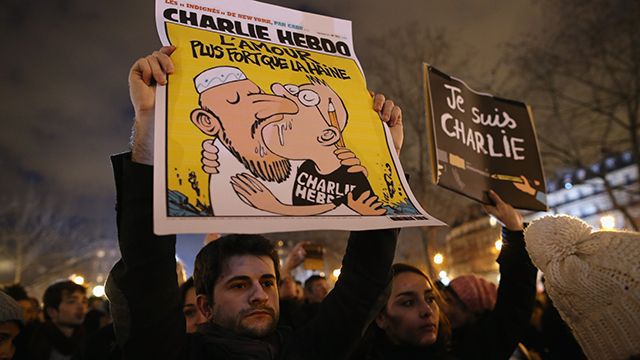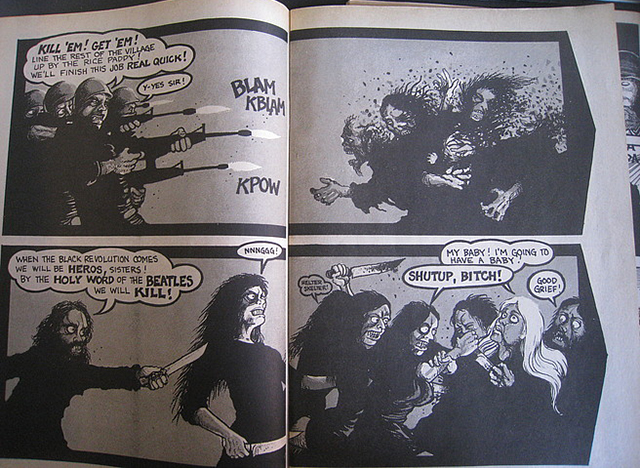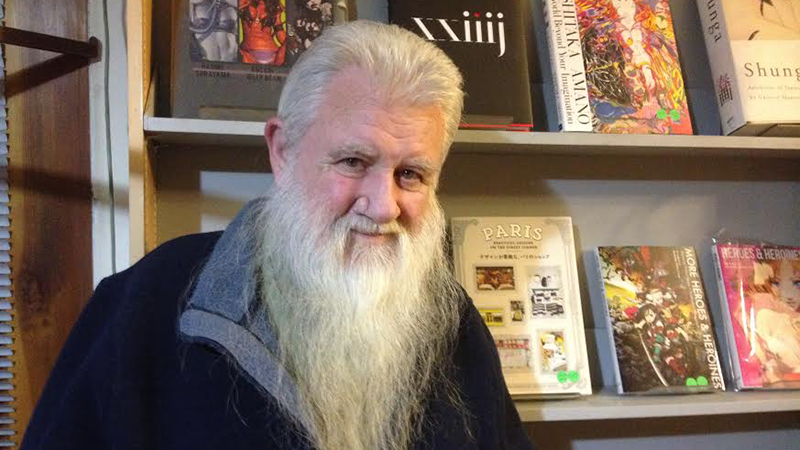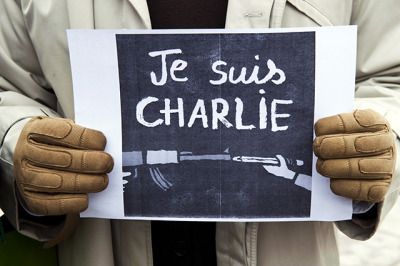For Ron Turner, waking in the middle of the night early Wednesday was nothing new; he would just watch some news and hopefully go back to sleep again. But the news that morning was about the brutal massacre of 10 journalists and two police officers at Charlie Hebdo, France’s long-running satirical magazine, by Islamic terrorists, and it was hard to stay calm after seeing something that hit so close to home. For Turner, the shootings struck at the core of his business: comics that (sometimes) offend.

Since he started it in 1970, Turner has run Last Gasp Books, one of the largest publishers of underground books and comics in the world, including Zap, Weirdo and Binky Brown Meets the Holy Virgin Mary. The stable of artists on Last Gasp’s roster reads like a blacklist compiled by the establishment of the art world: R Crumb, Ron English, Winston Smith, Robert Williams, Mark Ryden and S. Clay Wilson are just a few of the rebel kind who Turner has worked with. And it’s not just Last Gasp’s artists that garner attention, as there are plenty of notable Last Gasp publications, including Barefoot Gen, the controversial graphic novel about the aftermath of the atomic bombing of Japan; several collections of erotic art, including a fetish coloring book and a collection of photographs of female genitalia; and even a book on the “Painter of Light,” Thomas Kinkade.
“There’s been a couple of employees that I’ve bought weapons off of over the years because they were nuts and certainly didn’t need a weapon,” Turner says. He stowed the guns in a drawer. “Maybe it’s time to get those things cleaned and set them up by my desk,” the publisher mused.

Turner has even received death threats for his work. Back in 1971, Last Gasp published Legion of Charlies, a graphic novel illustrated by underground cartoonist Greg Irons that told the stories of both the My Lai Massacre (carried out by the Charlie Company) and the Tate Murders (which were ordered by Charlie Manson). After the book started receiving publicity, Last Gasp started receiving threats from Manson’s followers.
“In a fair fight, I don’t think hardly any of Manson followers would’ve been hard to defeat or defend against.” Still, Turner muses, “When you have people you don’t know issuing you threats, you have to take that seriously.”



